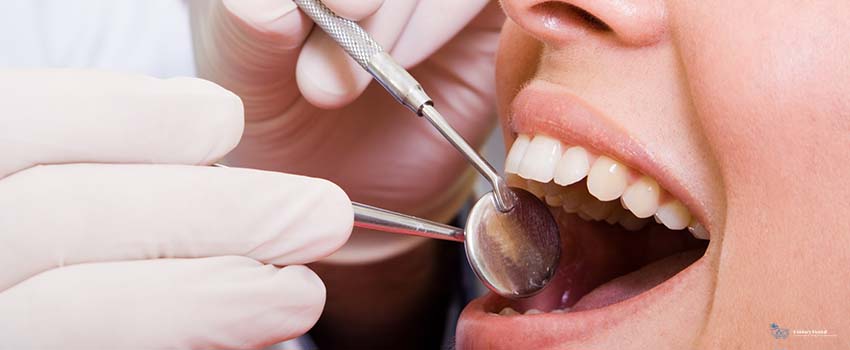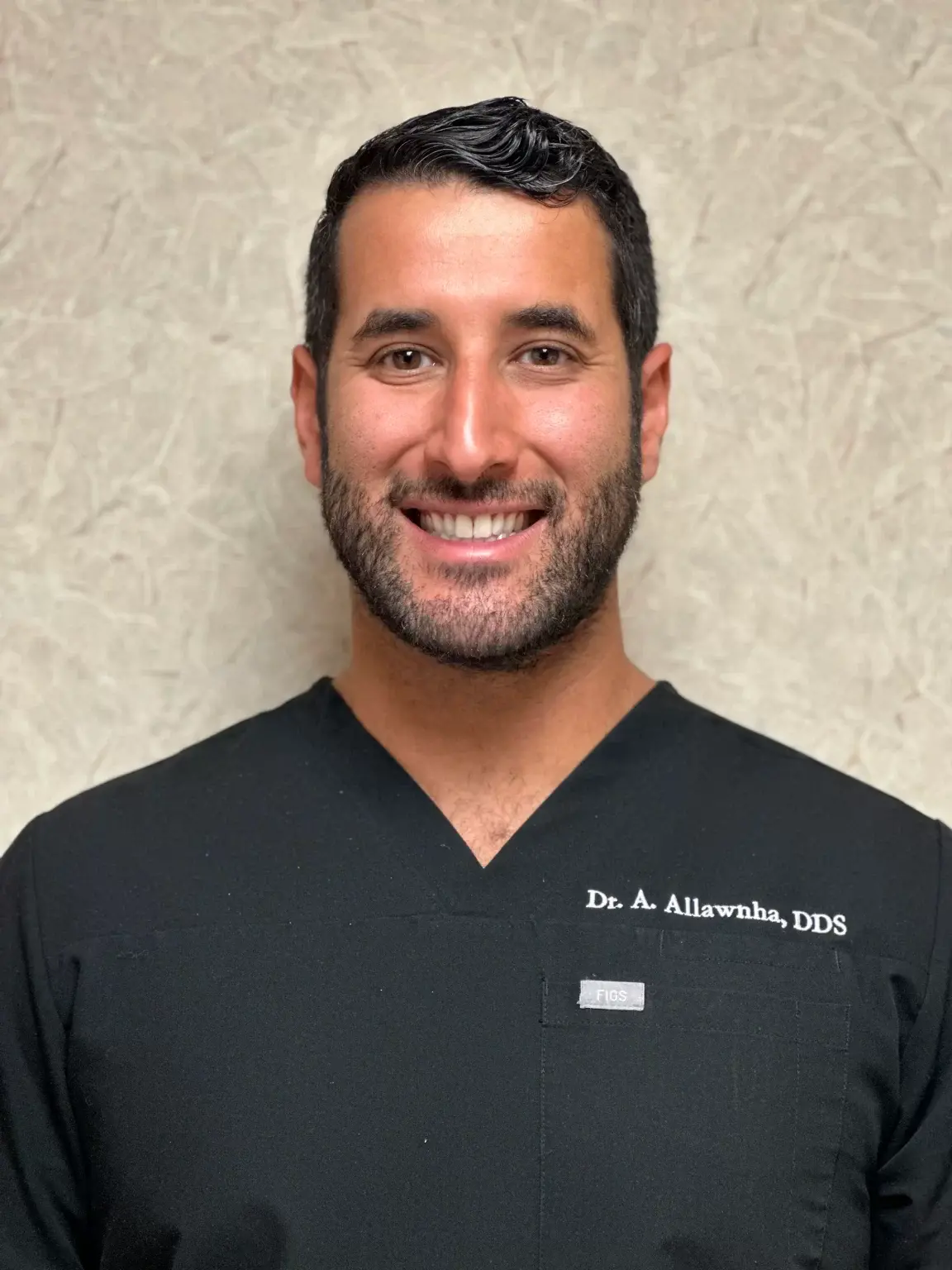There is more to the month of June than just being the official start of the warm summer season. In 2012, Colgate, a renowned toothpaste manufacturer, marked this month as the “Oral Health Awareness Month.”
Colgate has long partnered with the American Dental Association (ADA) to promote good oral health. By 2016, ADA supported the establishment of the “National Oral Health Month” in the United States. Although it is not considered an official holiday, it became a great time to learn about proper oral hygiene and how dental health is essential for an improved quality of life.
Oral health month is also a perfect time to consider the gravity of unhealthy dental habits. Nearly 3.5 million people around the world are affected by oral diseases. In fact, a minimum of 10% of the world’s population is affected by severe gum diseases, while oral cancer remains one of the most common causes of death in the United States.
Modifiable risk factors for most oral diseases and conditions are shared with non-communicable illnesses like cancer, heart disease, and chronic respiratory diseases. These risk factors include smoking, alcohol intake, and high-fat diets. Poor oral health can even lead to pain, suffering, and disability, as well as loss of productivity, low self-esteem, and even depression.
Oral health month is a reminder that good oral hygiene contributes to better overall health. During this celebration, adults are responsible for being a good example to help younger generations navigate their way through dental health.
Why is Oral Health Important?
Problems with oral health affect every system of the body. Tooth decay can lead to bacteria in the teeth, spreading to the heart and lungs, causing myocarditis and pneumonia. Periodontal or gum disease can also lead to pregnancy complications and diseases.
Your complete, natural smile is dependent on your oral health. If you don’t brush and floss your teeth regularly and have professional cleanings, bacteria can grow and feed off residual sugary foods in your mouth. They then produce eroding acids, causing decay and eventually leading to severe infections or tooth loss.
Taking good care of your gums and teeth involves adapting and maintaining a healthy dental lifestyle that considers overall physical and mental wellbeing.
Oral Health: The Basics
Although most people are familiar with the basics of brushing, there are some things many might not know. Using soft instead of stiff bristles and brushing with light pressure helps preserve the tooth enamel.
Flossing between the teeth and behind the back molars can help prevent gum disease. Fluoride rinses are not recommended for everyone. Ask your dentist if this is something they recommend and which type of mouthwash you should use.
Last but not least, it is a mandatory step to visit the dentist twice per year for cleanings. It is also essential to maintain an oral hygiene routine between dental visits.
In summary, here are some of the most basic yet essential aspects of oral health care:
- Brushing the teeth twice daily or after every meal
- Flossing at least twice daily
- Using a fluoride rinse for cavity prevention
- Visiting the dentist two times a year for preventative dental cleanings and exams
Oral Health: Beyond the Basics
Your overall oral health should work specifically for your lifestyle. For example, if you play sports regularly, a mouth guard is a good idea to protect your teeth.
You may also experience teeth grinding or clenching when stressed out. This might be hard to notice at first, especially if you are not making a sound, but your painful head, jaw, neck, or ears can be potential signs. Before these stress reactions cause cracking or erosion to your teeth, considering wearing a night guard can help.
Crowded teeth are often viewed as cosmetic issues by some people, as they can make flossing and brushing the teeth difficult. One way to improve oral health and appearance is by straightening the teeth with an Invisalign aligner tray or adult braces.
More than these mentioned cases, it is also vital to know when you need to have dental treatment. This can prevent making the problem worse by putting off treatment for serious dental problems. Schedule a dental appointment right away if you experience any of these symptoms:
- Pain in one tooth
- Sensitivity to sweet, hot, or cold foods
- Swelling jaw
- Swelling, reddening, or painful gums
- Bleeding gums when flossing or brushing
- Visible crack in a tooth
- Tooth discoloration, particularly in one tooth
The Importance of Oral Health Awareness Month
Oral Health Month encourages every individual and their families to practice good dental hygiene. June is the start of summer vacation and is one of the best times when parents can spend more time with their children to develop and maintain a healthy oral lifestyle.
Children can develop strong habits for healthy, strong teeth by being taught how to care for their teeth from an early age. To assist them, the American Dental Association provides coloring pages and activity sheets to teach children how to brush their teeth properly and maintain good oral hygiene habits. Parents can take advantage of this month to educate their children and learn more about dental health.
Celebrating Oral Health Month
Now that you know when is oral health month first celebrated, it is time for you to continue the tradition. You have many options to get involved and help spread dental health awareness. Here are some of them:
1. Social Media
Social media platforms are effective tools to spread awareness about good dental health. Millions of people are on their smart devices, updating their social media accounts and connecting online. Sharing insightful articles or short informative videos about dental health can make a difference this oral health month.
2. Special Events
You can find oral health promotion activities all over the globe, from lectures, workshops, meetings, and flash mobs. You can inquire from different organizations online and start attending what event speaks to your heart. You can also create your own event and get your community involved in your dental health awareness campaign.
3. Improving Oral Health Care Routine
Are you a bit lax in your oral hygiene routine? It’s the right time to get back on track and start a routine for good dental care. You can start simply by brushing and flossing your teeth daily and keeping your gums free from plaque buildup. Having a balanced diet can also fight off bacteria and inflammation.
This summer month, you can have all the time to yourself, so why not use it to visit your dentist for your routine cleanings and check-up. This way, you can immediately check for minor dental issues before they become major.
4. Oral Health Care for Children
If you are already a parent, you can make the oral health month fun for your kids. Let your children know the importance of oral health and how people around the world do the same. Here are some essential points to consider for this month’s celebration:
- Children should visit a dentist between 6 months and one year.
- Dentists have been specially trained and can make the experience enjoyable for children.
- You should model good dental habits for your children. Even a family can make tooth brushing fun.
Leading by Example this Oral Health Month
Numerous studies have demonstrated a correlation between good oral hygiene habits of adults and the younger generation, specifically parents and children. Children are naturally curious individuals and always look up to people older than them.
When you model good oral hygiene habits, it doesn’t take long to get children involved in caring for their teeth. Here’s how you can lead by example to the younger generation:
1. Family Dental Care Habits
Brushing with parents and adults is a great way to teach children good dental habits and establish a healthy routine. Children are instantly encouraged to floss when they see their parents brush and floss daily.
Instead of leaving it to them to figure out how to brush, demonstrate every step thoroughly and help them remember how long it should take. To show children that flossing is easy, use tools such as floss threaders, timers, and electric toothbrushes.
2. Importance Of Dental Care
Make it a priority to take care of your teeth so that children can understand the importance of good oral health. Show the children that you care about your teeth, and they should also be. Use positive language when talking about dentist visits so that children don’t feel anxious or scared when it is their turn to have a dental appointment.
3. Healthy Eating for Healthy Teeth
Children likely follow examples if you also avoid sweet snacks and sweet drinks. Keep sodas, ice cream, and other cavity-inducing foods from home to prevent unnecessary snacking. Drink water throughout the day to ensure children don’t drink sweetened, sticky drinks that could cause tooth decay.
Celebrate Good Oral Health with Century Dental
Establish healthy dental habits and create a powerful impact on the younger generation.
At Century Dental, we believe that being a good role model creates more good role models. When children are taught well, they can make a positive difference in the lives of their friends and then in their children in the future. For more inquiries about our dental health care services and how you can start prioritizing your oral health, call our dentists near Treasure Island, FL.





